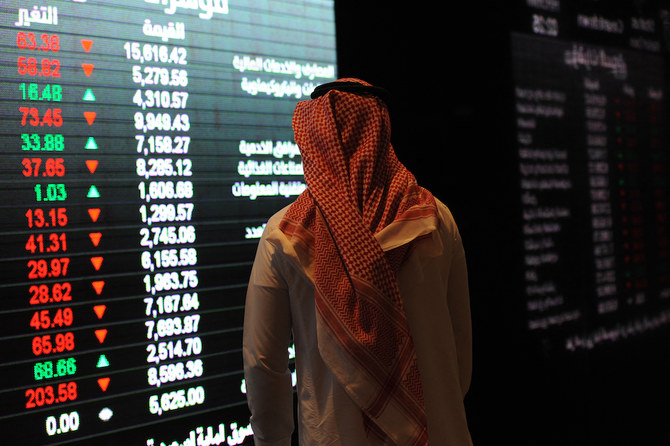maresiliencycenter.org – Saudi Arabia’s economic transformation beyond oil is a multifaceted strategy aimed at diversifying its economy and reducing its dependence on oil revenues. This transformation is encapsulated in the “2030 Vision,” which was introduced in 2016 and has since been a cornerstone of the kingdom’s economic policy.
Key Aspects of the Transformation:
- Economic Diversification: The “2030 Vision” outlines ambitious goals to increase the contribution of non-oil sectors to the GDP. This includes developing sectors such as tourism, entertainment, and manufacturing to reduce the economy’s reliance on oil exports.
- Investment in Infrastructure and Technology: Saudi Arabia has been investing heavily in infrastructure projects and technology to support its economic diversification. This includes the development of new cities and the expansion of its digital infrastructure to attract tech and IT companies.
- Sovereign Wealth Fund (PIF): The Public Investment Fund (PIF) plays a crucial role in the transformation by investing in a wide range of sectors globally and locally. This fund aims to diversify the kingdom’s income sources and reduce its vulnerability to oil price fluctuations.
- Social and Cultural Reforms: Alongside economic reforms, Saudi Arabia has been implementing significant social reforms to modernize its society. This includes allowing women to drive, opening cinemas, and hosting international events like the Formula E race, which are part of the broader goal to create a more vibrant and open society.
- Attracting Foreign Investment: The kingdom has been actively seeking foreign direct investment (FDI) to fuel its economic growth. This includes creating special economic zones (SEZs) with tax incentives to attract international businesses.
- Environmental and Sustainability Initiatives: Recognizing the global shift towards sustainability, Saudi Arabia has also been investing in renewable energy and green projects to reduce its carbon footprint and position itself as a leader in environmental sustainability.
Challenges and Progress:
- Oil Price Volatility: Despite the efforts to diversify, the Saudi economy remains sensitive to fluctuations in oil prices, which can impact its fiscal health and economic stability.
- Structural Transformation: The transition from an oil-based economy to a diversified one is complex and requires significant structural changes in the economy and society.
- Global Economic Conditions: The global economic environment, including geopolitical tensions and the impact of the COVID-19 pandemic, has added to the challenges of implementing the “2030 Vision”.
Overall, Saudi Arabia’s economic transformation is a comprehensive strategy that involves not only diversifying its economic base but also modernizing its social and political structures. The success of this transformation will depend on the ability to navigate these challenges and maintain the momentum of its reforms.

